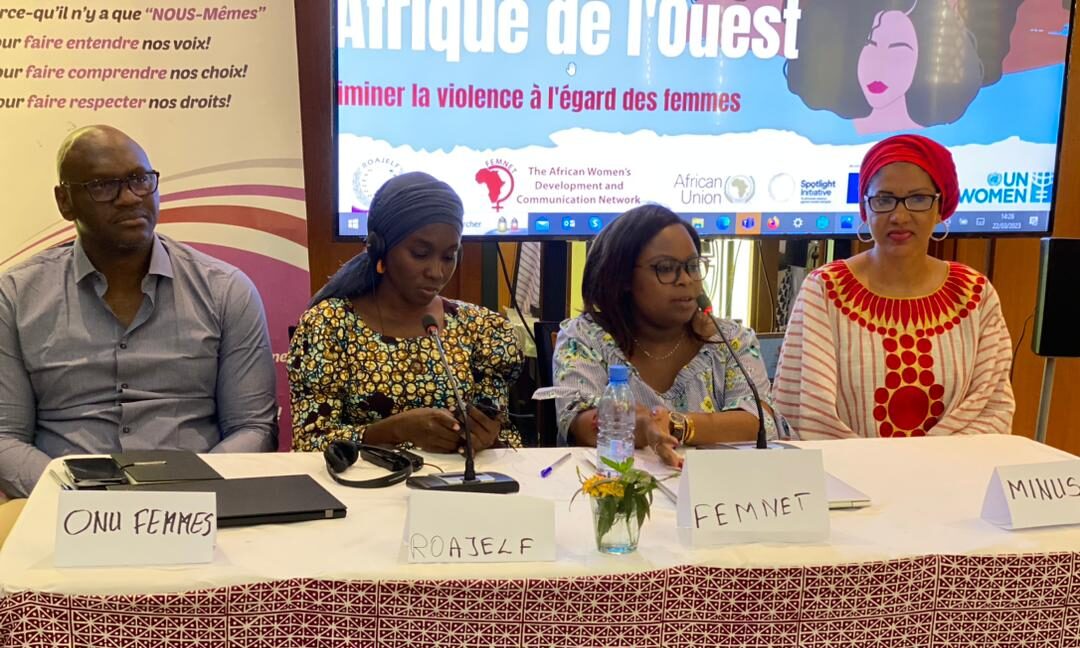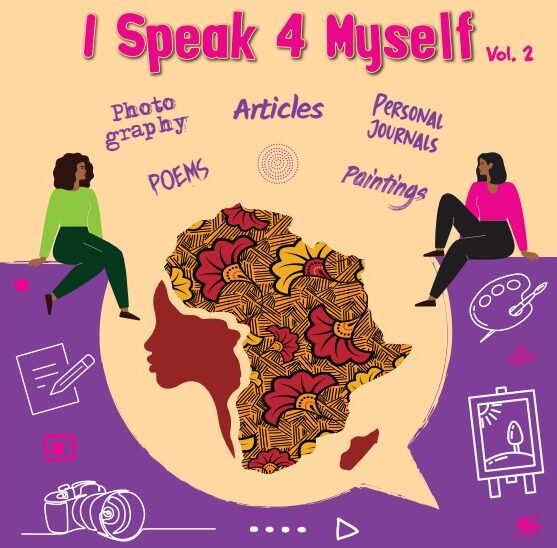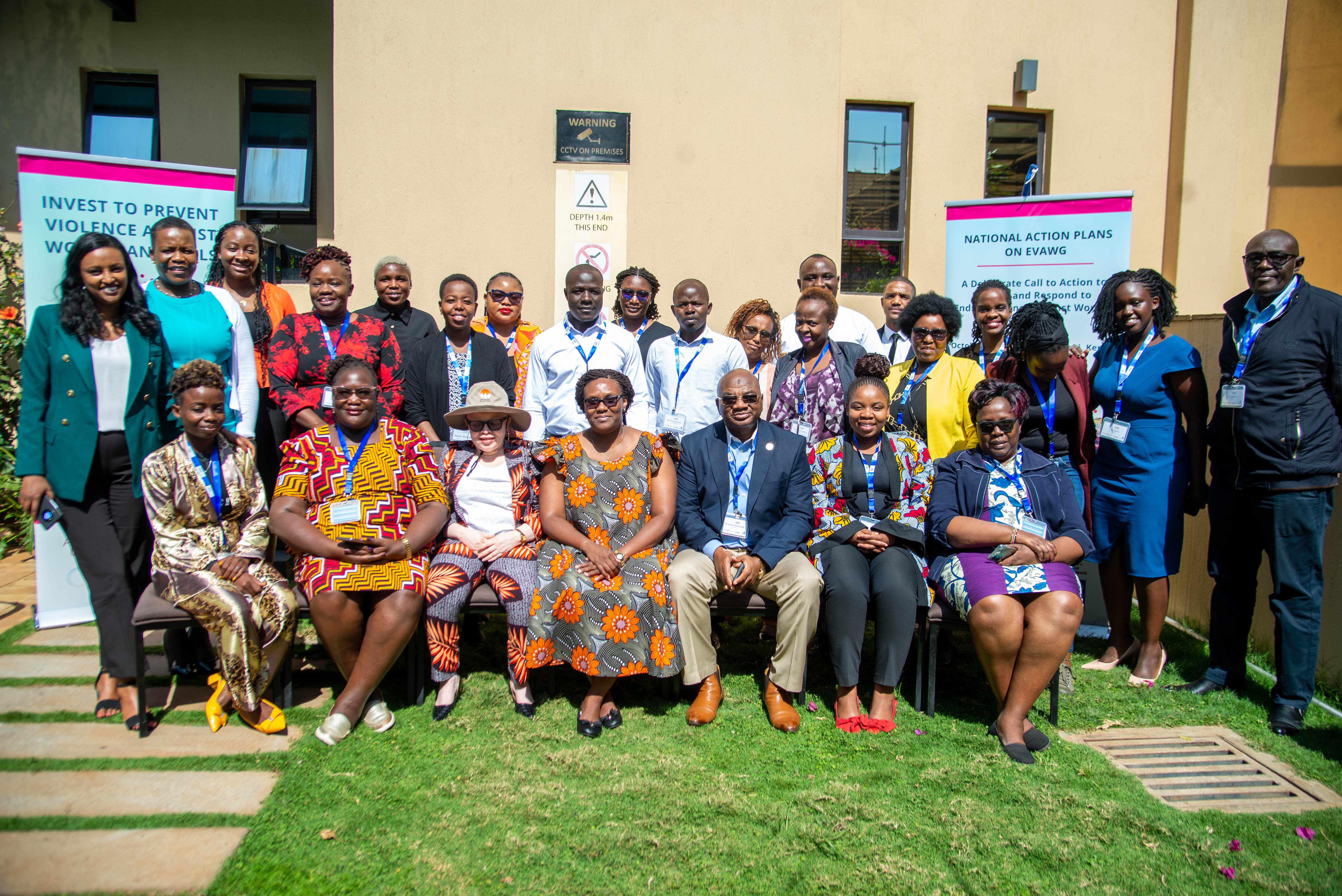
NOW is the Time to Invest Meaningfully to End Violence Against Women
The journey to eliminate violence against women and girls has reached fever peak as Civil Society Organizations, Women Rights Organizations, Regional Economic Communities and the African Union Commission deliberate on the Call to action to end violence against women and girls.
FEMNET in partnership with UNDP organized the Trainer of Trainers workshop in Nairobi to take stock of investments directed towards ending violence against women and girls and deliberate on a call to cation to prevent ad respond to ending violence.
Speaking during the opening session, Memory Kachambwa the Executive of FEMNET said,” We must continue to invest in preventing Violence against women and girls. Statistics show that 36% of women in Africa have experienced violence and approximately 640 million maybe subjected to intimate partner violence.”
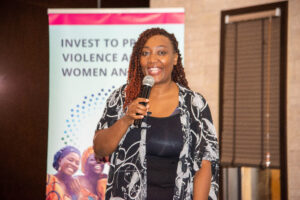
“These statistics should make us rethink, review and re-strategize on responding to the violence against women in Africa, ” added Kachambwa.
Professor Henry Manyire an established scholar from the School of Women and Gender Studies in Makerere University said, “It is important for civil society organizations and women rights organizations to continue advocating for investments to end violence against women and girls. Their continuous advocacy efforts will propel African governments to make good their commitments towards achieving Agenda 2063.
In the same breadth, Easter Oketch, the Executive Director at Kenya Female Advisory Organization (KEFEADO) said, “The policies in Africa should propel African leaders to invest in ending violence against women. Women’s rights are human rights.”
Oketch also added that, “Human rights should not be granted as an award to women because of “good behaviour.” Instead, women should be respected regardless because they are human, and they have rights which are alienable and not conditionally given by third parties.”
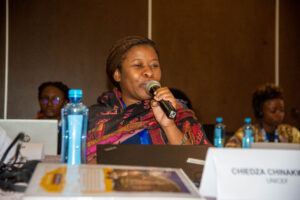
Accordingly, Chiedza Chinakwetu from UNICEF, Eastern and Southern Africa Regional Office (ESARO) said, “Women’s rights are human rights, but human beings are denied the human rights they are entitled to because they are women and girls hence women’s rights should be recognized autonomously from human rights.”
Chinakwetu also insisted that “women rights” should be recognized autonomously from “human rights.”
She also said that if women rights are embedded to human rights their struggles and disproportional inequalities may not be addressed fully.
In a rejoinder, Easter Oketch emphasized that, “Women enjoy their rights very differently from men and therefore there are particular laws that should be implemented to ensure that they are not left behind.”
Investing in ending violence against women and girls is therefore quintessential for the well-being of African women and girls. The spotlight initiative continues to work with governments, civil society organizations, the media and other partners to eliminate all forms of violence against women and girls by 2030.
If the African governments are committed to attaining gender equality, it is crucial that they continue to prioritize on planning, financing and implementing policies that seek to end violence against women and girls. Women and girls have rights that should not be derogated. The spotlight initiative takes note of this and seeks to address multiple obstacles related to ending violence against women and girls.
This article was co-created by Janat Babale Mutesi; janat.mutesi@fowode.org from Forum for Women in Democracy (FOWODE) and Imali Ngusale; i.ngusale@femnet.or.ke from the African Women Development and Communications Network (FEMNET). For more information on the spotlight initiative and FEMNET’s engagement email Sheila Odongo s.odongo@femnet.or.ke .
Related Tags
Related Posts
The Spotlight Initiative ” The Bamako Recommendations”
Violence against women and girls (VAWG) is a global pandemic and the most pervasive and widespread human rights
Learn MoreI Speak 4 Myself Volume II
In 2022, FEMNET launched the #ISpeak4Myself campaign with the objective of creating a safe, brave space for African
Learn More
